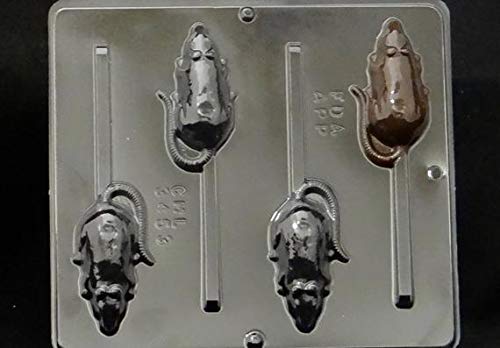So I emailed Sarah at work asking what she had used for her piggies...listing all the meds Godmother had mentioned.
and asked permission to post this email (of course) since its chock full of another perspective...and I will take all I can get :wink2:
Typically it's ACE inhibitors and Lasix. It depends on what else is going on though - often guinea pigs with CHF are also having issues with URIs as the heart condition makes them more susceptible to infections. So while you're treating the heart you're also usually treating with antibiotics and anything else that will help with the lungs if they're compromised.
Bronchodilator aren't usually indicated if it's strictly a heart issue and there are no respiratory issues, but sometimes they go so hand in hand it's hard to know when there is only one issue at play. Or maybe the thinking is the lungs/airways are constricted because of excess fluid? The lasix would take care of that though... or an enlarged heart could be putting pressure on the airways? I'm not sure about that. I would try treating one thing at a time with as few medications as possible, and then add as needed to isolate the true cause and effect of meds (hope that makes sense!).
I myself have only used benazepril and lasix. The emergency doses typically used are 5-10 mg/kg for Lasix, only to start to take the animal out of failure (where they're gasping for air, not eating, limp, etc.), and 1-5 mg/kg of the benazepril or enalapril. Give that for a day or two, then start reducing the doses until you end up at something that works for the animal. The standard dose for the ACE inhibitors is 1 mg/kg, for lasix is 1-4 mg/kg.
http://www.guinealynx.info/cardiovascular_agents.html
The article on marvistavet on how enalapril works is really interesting. Also there are important interactions/concerns to be noted when giving lasix:
http://www.marvistavet.com/html/body_furosemide.html
I never have to worry about them because we don't give gentamicin to gps but with the rats it's something to be aware of. With both drugs it's really really important to monitor kidney levels, but with rats I guess it's more difficult to do bloodwork for that.
Ideally you'd want to do bloodwork and x-rays to rule out anything else aside from heart and to check the kidney levels before initiating a treatment plan for heart. Then do further bloodwork to check kidney values after a week or so on heart meds.
The lasix isn't really supposed to be given longterm, except when absolutely necessary. I didn't have Maggie on Lasix until the regular heart meds were at a really high dose and she was still having difficulty breathing, then I gave her the lasix. Unfortunately you have to keep upping the doses at time progresses as the heart condition keeps getting worse.
I know nothing about atenolol.
Digoxin appears to be a very old med that is rarely used anymore, enalapril or benazepril would be much better choices. This is what Josephine (an exotics vet tech with approx. 20 yrs experience) said about digoxin in 2002 on GL:
You know, I don't know anyone who still uses it (the Digoxin) around here (except vets over 55 years old!). I do know that in high amounts, it causes toxicites. The margin of safety is very small in comparison to other drugs.
My formulary supports this. "There is still a lot of controversy over when to start digoxin therapy and which patients to treat..." (The Pill Book Guide to Medication for your Dog and Cat c 1998).
Usually Lasix and Enacard are the standards in today's veterinary medicine. The research supports the methodologies and pharmacology of the ACE-inhibitors (like Enacard) and their related efficacy. Enacard is tons safer than Digoxin (digitalis). I have no exotics references that state it is safe for cavies or related species.











































